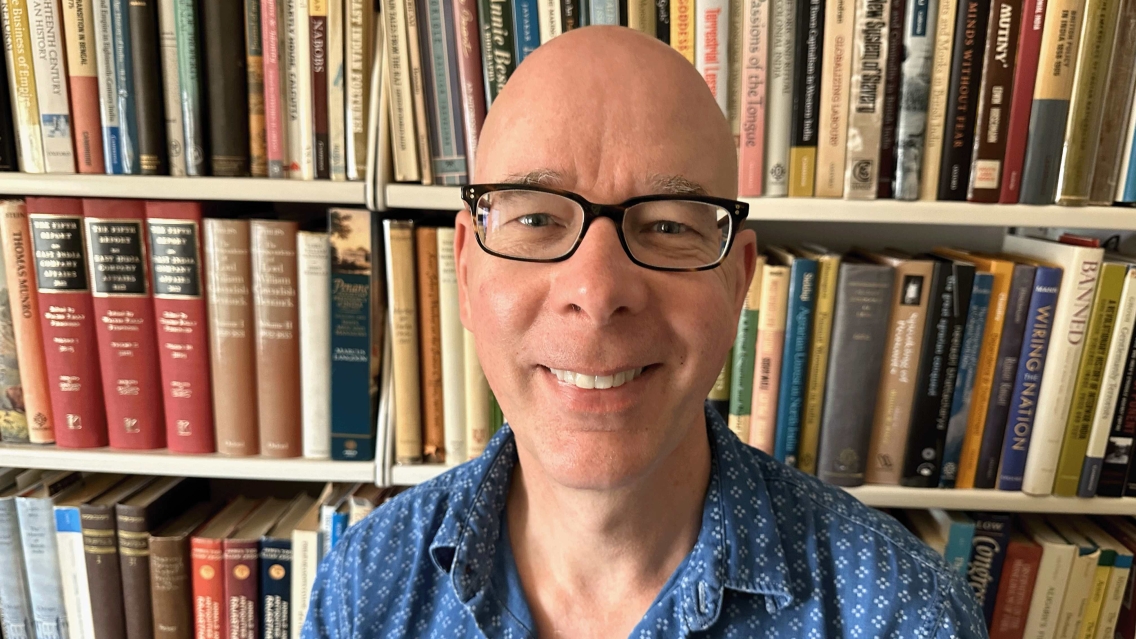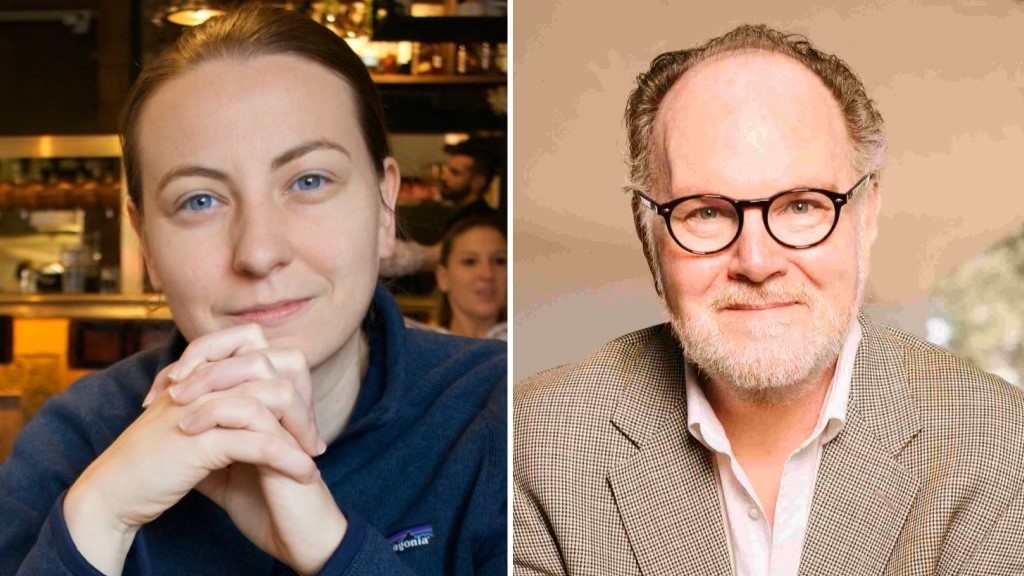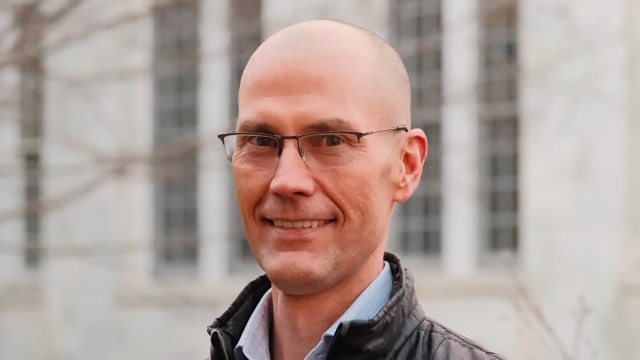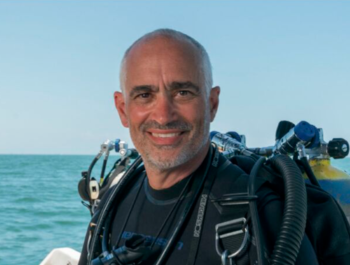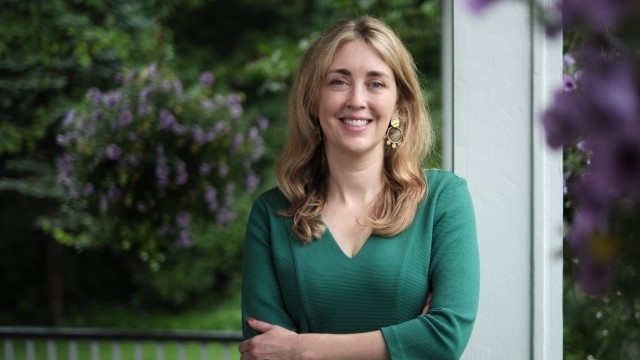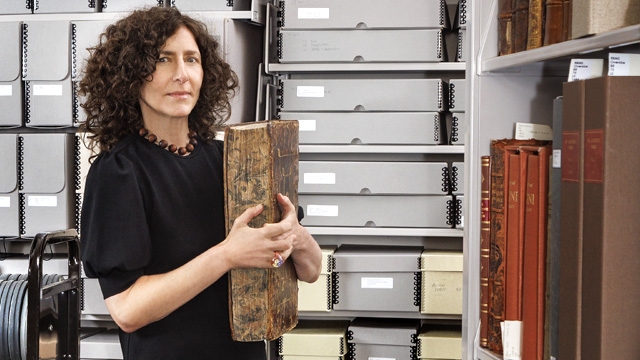Fall 2024 Recorded Series
Fall 2024 Recorded Series
Recordings are available for the following Faculty at Home webinars that have already happened. Recordings are usually available about two weeks after the webinar.
Ian Barrow - The English East India Company
The English East India Company (1600–1858) ran a complex, highly integrated, global trading network. It supplied the tea for the Boston Tea Party, the cotton textiles for the purchase of enslaved people in Africa, and the opium for China’s 19th-century addiction. It also built one of the largest armies in the world—larger, even, than the British army—and used it to establish an Indian empire. This talk will provide an overview of this extraordinary company, explain how it built its maritime and territorial empires, and invite the audience to think of parallels to today’s corporate world.
Peter Hans Matthews and Andrea Robbett - Selfishness and Self-Image in a Partisan World
Does selfishness change when we interact with those who either do, or do not, share our political views? And how important are image concerns, as opposed to altruism or other pro-social preferences, when deciding not to be selfish? In this brief talk, we share the results of a simple experiment designed to shed light on these and other questions, and perhaps spark some conversation on the eve of a momentous election.
Bert Johnson - The Quiet Past and the Stormy Present: What Political Science Can Tell Us about the 2024 Election
Academic assessments of elections improve on journalism or commentary by placing current events into the relevant context of the past. But in an election year that is seemingly without precedent, how much of the past is relevant, and what insights can we draw from research conducted in quieter times? In this webinar we will consider these questions as we examine the current state of the 2024 election from the perspective of a political scientist.
Miguel Fernandez - Tom Sawyer's Wreck (and how did I go from studying gauchos to shipwrecks???)
This talk has two goals: on the one hand, to discuss my current research on the 1853 shipwreck of the steamship Independence that sank off the coast of Baja California during the Gold Rush; and on the other, to share insight on how Middlebury’s academic environment has encouraged a curious faculty member to constantly explore and discover new areas of interest over a 30-year career.
Caitlin Myers - Who is trapped in post-Dobbs America?
The end of Roe sparked seismic shifts in the landscape of American abortion access, and two years later it is far from stable. Abortion bans have shuttered providers, and the resulting flows of patients across state borders have taxed a small number of facilities at the front lines. As doors closed at brick-and-mortar abortion clinics, digital windows opened. Online abortion providers have proliferated, and virtual abortion services provided by mail-order pills have surged by more than 80 percent. Professor Myers will present the most recent available evidence on how these changes are affecting people seeking abortions, with a focus on quantifying how many people are “trapped” by abortion bans and how many continue to find a way to access these services. She also will discuss the potential impacts of the presidential election.
Rebekah Irwin - Old Books, New Kids: Special Collections in the 21st Century
Sometimes described as a “museum for old books,” Special Collections could more accurately be described as a petting zoo. Each year, thousands of students visit to touch the animal-skin pages of old books, flip through newspapers, and smell aging paper from the medieval to the modern era. Given that all of Middlebury’s current undergraduates were born after the year 2000, and most reach for a phone before a book, Rebekah will describe how she teaches students not merely to appreciate old books but to understand that the history of the book is at the heart of understanding technological innovation.


